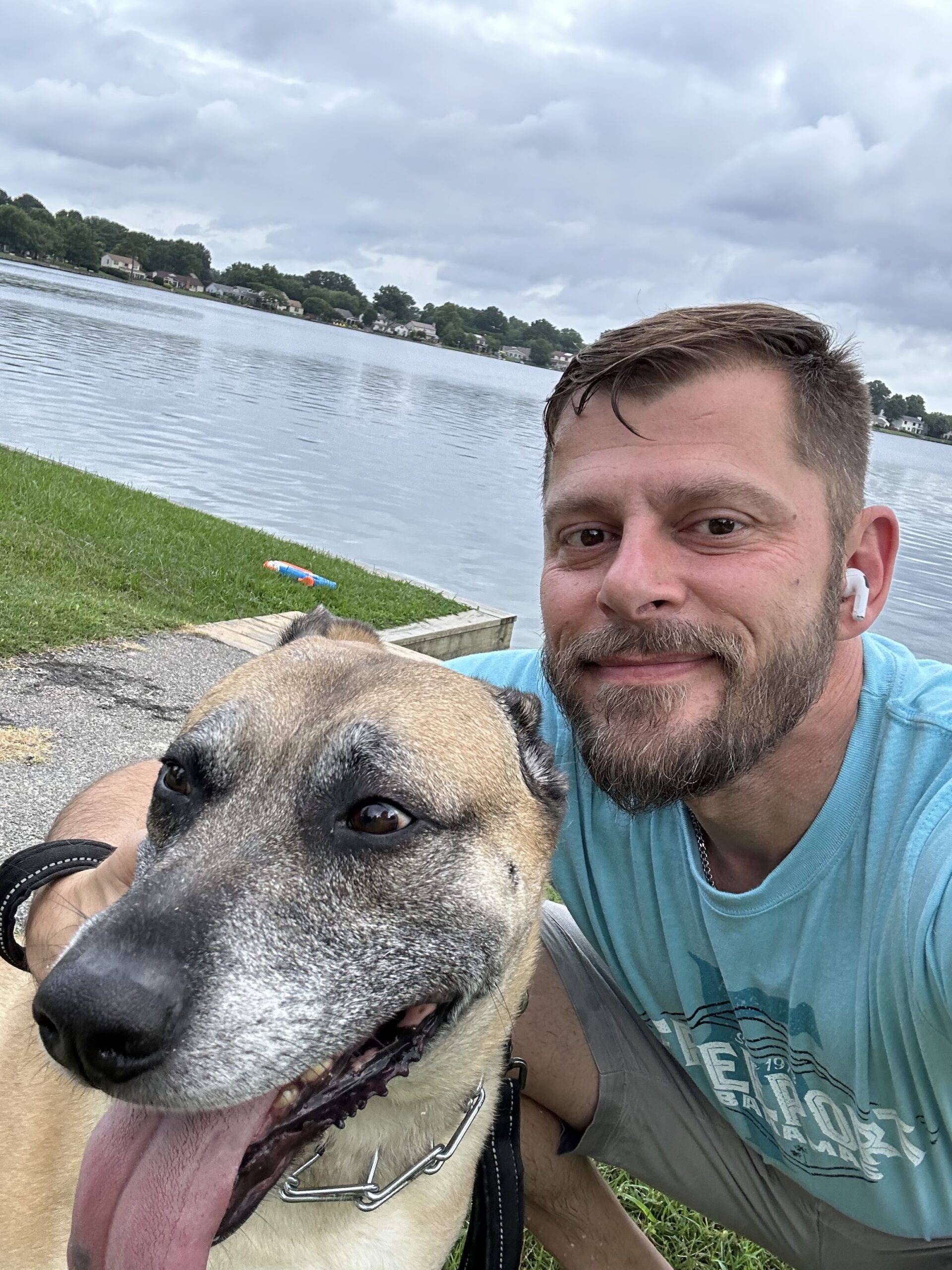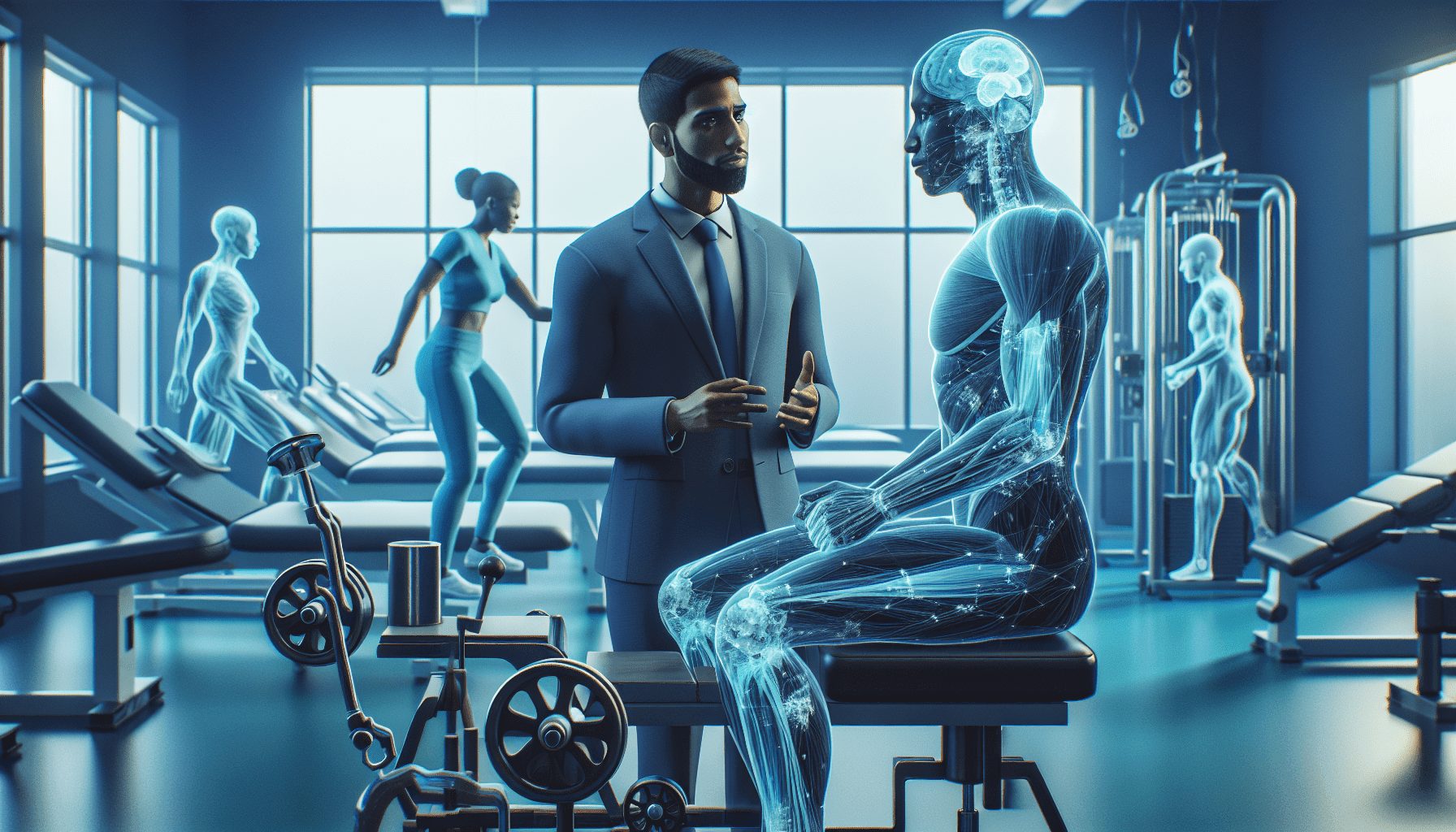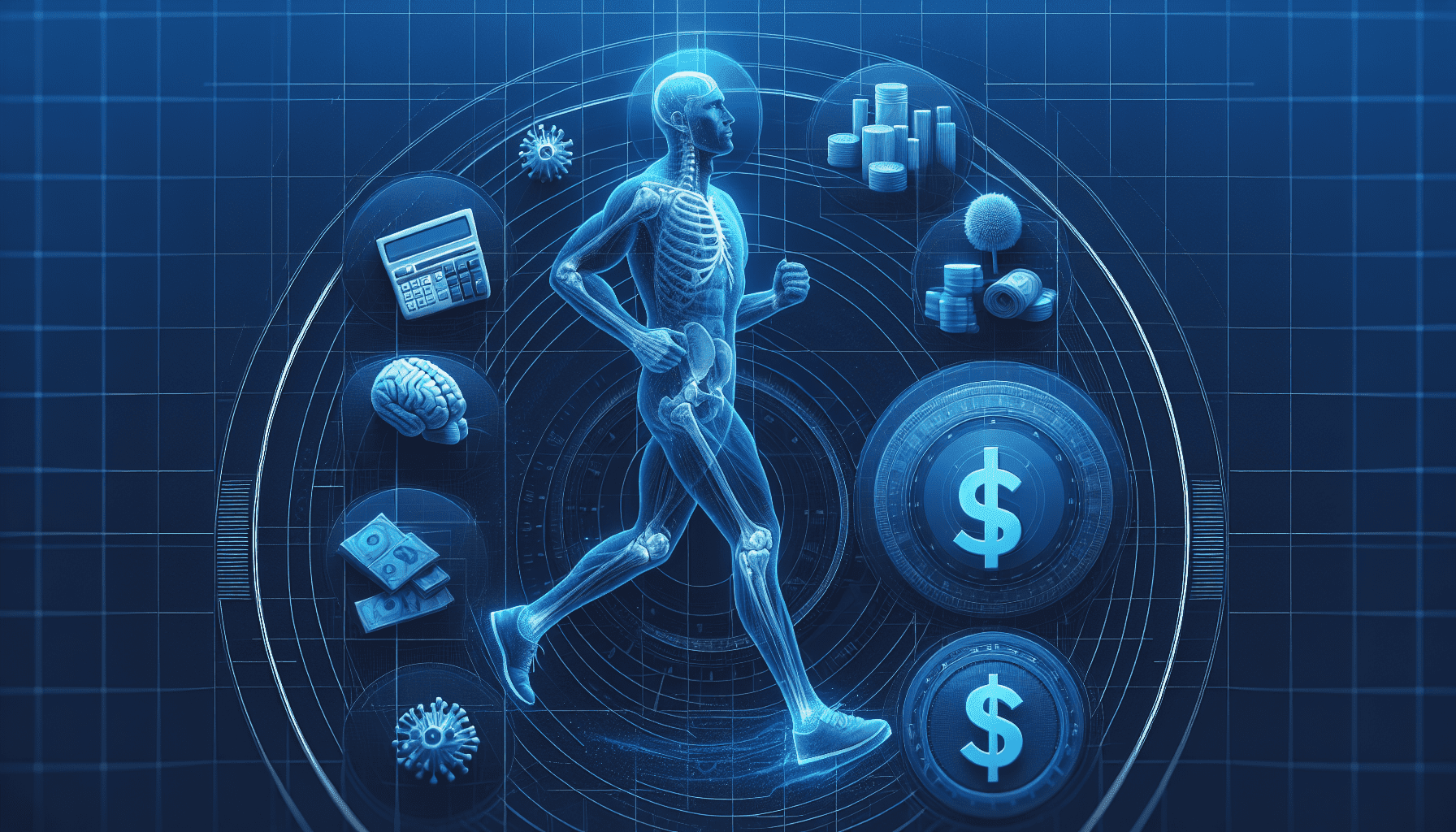Revolutionize Your Hiring Process with HR AI Software
In today’s competitive job market, companies face numerous challenges when it comes to the hiring process. From sifting through countless resumes to finding the perfect candidate match, the traditional hiring approach can be time-consuming and resource-intensive. That’s where HR AI software comes into play, revolutionizing the way organizations recruit talent.
HR AI software leverages the power of artificial intelligence to streamline and optimize every step of the hiring process. By automating tedious tasks and utilizing advanced algorithms, this software empowers HR professionals to make data-driven decisions and find the best candidates efficiently.
So, what exactly can HR AI software do for your hiring process? In this article, we will delve into the benefits, key features, case studies, implementation considerations, and the future of this cutting-edge technology. Whether you’re a small startup or a large corporation, understanding the potential of HR AI software is crucial for staying ahead in the competitive talent market.
Let’s explore the world of HR AI software and discover how it can transform your hiring process for the better. But first, let’s take a closer look at the challenges that organizations often face when it comes to hiring top talent.
Overview of hiring process challenges
The traditional hiring process is riddled with numerous challenges that can hinder an organization’s ability to attract and retain the best candidates. Some of the common hurdles include:
- High volume of resumes: With the increasing number of job applicants, HR teams often find themselves overwhelmed with a mountain of resumes to review. This manual process can be time-consuming and prone to human error.
- Lack of candidate matching: Finding the right candidate who possesses the necessary skills and fits well within the company culture is like finding a needle in a haystack. The traditional approach often relies on subjective judgments, leading to mismatches and potential turnover.
- Inefficient interview process: Conducting interviews and assessing candidates’ qualifications can be a time-consuming and resource-intensive endeavor. Coordinating schedules, conducting multiple rounds of interviews, and evaluating candidates’ responses can be a daunting task.
- Ineffective onboarding and training: Once a candidate is selected, the onboarding and training process is crucial to ensure a smooth transition and integration into the company. Inadequate onboarding can lead to decreased productivity and increased turnover rates.
These challenges not only waste valuable time and resources but can also hinder an organization’s ability to hire top talent. However, with the advent of HR AI software, companies can overcome these hurdles and transform their hiring process into a streamlined and efficient operation.
Introduction to HR AI software
HR AI software is a game-changer in the world of recruitment. By harnessing the power of artificial intelligence, this software automates and optimizes various aspects of the hiring process. From resume screening to candidate matching and interview management, HR AI software empowers HR professionals to make faster, more accurate, and data-driven decisions.
Gone are the days of manually sifting through stacks of resumes. HR AI software utilizes resume parsing and analysis to extract relevant information from resumes, such as skills, experience, and education. This automated process not only saves time but also reduces the risk of overlooking qualified candidates.
Furthermore, HR AI software incorporates automated candidate screening to match job requirements with candidate profiles. By analyzing both structured and unstructured data, such as resumes, cover letters, and online portfolios, the software identifies the most suitable candidates based on predefined criteria. This eliminates bias and ensures that no potential candidate slips through the cracks.
The interview process is also revolutionized with AI-powered interview tools. These tools utilize natural language processing and sentiment analysis to assess candidates’ responses, providing valuable insights into their skills, personality, and cultural fit. This data-driven approach enables HR professionals to make informed decisions and select the best candidates for further consideration.
Moreover, HR AI software offers performance analytics and reporting to provide valuable metrics and insights into the effectiveness of the hiring process. From time-to-hire to candidate quality, these analytics help HR teams identify areas for improvement and optimize their recruitment strategies.
In the following sections, we will delve deeper into the benefits, key features, case studies, implementation considerations, and the future of HR AI software. So, buckle up and get ready to revolutionize your hiring process with this groundbreaking technology.
Benefits of HR AI Software
In the fast-paced world of recruitment, streamlining the hiring process is crucial for organizations looking to attract and retain top talent. This is where HR AI software comes in, offering a range of benefits that can revolutionize the way companies find and hire candidates.
Streamlined Resume Screening
One of the most time-consuming aspects of the hiring process is sifting through a large number of resumes to identify the most qualified candidates. HR AI software can automate this process by utilizing advanced algorithms and natural language processing to parse and analyze resumes. This means that recruiters no longer have to spend hours manually reviewing each resume, allowing them to focus their time and energy on more strategic tasks. With streamlined resume screening, recruiters can quickly identify the most promising candidates and move them forward in the hiring process.
Improved Candidate Matching
Finding the right candidate for a specific job can be a challenging task. HR AI software can significantly improve candidate matching by leveraging machine learning algorithms to analyze job requirements and match them with the skills, qualifications, and experience of potential candidates. By using AI-powered candidate matching, recruiters can quickly identify the candidates that best fit the job criteria, saving time and effort in the selection process. This not only increases the chances of finding the right candidate but also ensures a better fit between the candidate and the organization.
Enhanced Interview Process
Conducting interviews is a critical step in the hiring process, but it can also be time-consuming and resource-intensive. HR AI software offers a range of AI-powered interview tools that can enhance the interview process. These tools can include automated scheduling, virtual interview platforms, and even sentiment analysis to assess the candidate’s emotions and engagement during the interview. By incorporating these tools, recruiters can streamline the interview process, make it more efficient, and gain valuable insights to make informed hiring decisions.
Efficient Onboarding and Training
Once a candidate is hired, the onboarding and training process plays a vital role in their success within the organization. HR AI software can help streamline this process by automating tasks such as paperwork, training modules, and performance tracking. With efficient onboarding and training, organizations can ensure a smooth transition for new hires, reduce the time it takes for them to become productive, and provide them with the necessary tools and resources to succeed. This not only benefits the new employee but also contributes to the overall productivity and success of the organization.
In conclusion, HR AI software offers a myriad of benefits that can transform the hiring process. From streamlined resume screening to improved candidate matching, enhanced interview processes, and efficient onboarding and training, this technology enables organizations to find and hire the right talent faster and more effectively. By embracing the power of AI in recruitment, companies can gain a competitive edge in attracting top talent and building a strong workforce.
*Learn more about how HR AI software can revolutionize your hiring process at Engaged Headhunters.
Key Features of HR AI Software
In the fast-paced world of recruitment, staying ahead of the competition requires embracing innovative technologies. HR AI software has emerged as a game-changer, revolutionizing the way companies attract and hire top talent. Let’s explore the key features that make this software an indispensable tool for modern HR teams.
Resume Parsing and Analysis
Gone are the days of manually sifting through stacks of resumes. With resume parsing capabilities, HR AI software can automatically extract relevant information from resumes and organize it in a structured format. This feature saves valuable time by swiftly analyzing large volumes of resumes, identifying key skills, qualifications, and experience. By eliminating manual data entry, HR professionals can focus on more strategic tasks, such as candidate engagement and relationship building.
Automated Candidate Screening
One of the most time-consuming aspects of the hiring process is candidate screening. HR AI software streamlines this process by leveraging advanced algorithms to screen candidates based on predefined criteria. By automating the initial screening stage, HR teams can quickly identify the most qualified candidates, ensuring that only the best applicants proceed to the next stage. This not only saves time but also improves the overall efficiency of the hiring process.
AI-powered Interview Tools
Interviewing candidates is a critical step in evaluating their suitability for a role. HR AI software enhances this process with its AI-powered interview tools. These tools help HR professionals conduct more effective interviews by providing suggested questions based on the candidate’s profile and the requirements of the position. Additionally, some software even uses natural language processing to analyze candidate responses in real-time, providing instant insights into their skills, personality traits, and cultural fit. This feature enables HR teams to make more informed decisions when selecting candidates for further consideration.
Performance Analytics and Reporting
Tracking the performance of the hiring process is essential for continuous improvement. HR AI software offers robust performance analytics and reporting capabilities, providing HR teams with valuable insights into their recruitment efforts. From tracking the time-to-hire to assessing the effectiveness of different sourcing channels, this feature empowers HR professionals to make data-driven decisions. By identifying bottlenecks and areas for improvement, HR teams can optimize their recruitment strategies and achieve better results.
In summary, HR AI software offers a range of powerful features that revolutionize the hiring process. From resume parsing and analysis to automated candidate screening, AI-powered interview tools, and performance analytics and reporting, this software empowers HR teams to streamline their workflows, improve candidate selection, and achieve better hiring outcomes. By leveraging the capabilities of HR AI software, companies can gain a competitive edge in today’s talent-driven market.
Stay tuned for our upcoming case studies, where we will explore how companies have successfully implemented HR AI software to reduce time-to-hire and improve candidate quality.
Case Studies
Company A: How HR AI software reduced time-to-hire by 50%
In the competitive world of recruitment, time is of the essence. Companies are constantly seeking ways to streamline their hiring processes and reduce time-to-hire, and HR AI software has emerged as a powerful tool in achieving this goal. One notable success story is Company A, a leading technology firm that leveraged the power of AI to revolutionize their hiring process.
Before implementing HR AI software, Company A faced significant challenges in their recruitment efforts. The traditional resume screening process was time-consuming and labor-intensive, often resulting in delays and missed opportunities. Additionally, the manual candidate matching process proved to be inefficient, leading to mismatches and poor candidate quality. The company recognized the need for a more efficient and effective solution, and that’s when they turned to HR AI software.
With the implementation of HR AI software, Company A experienced a remarkable transformation in their hiring process. The software’s streamlined resume screening feature allowed them to automatically analyze and parse resumes, saving valuable time and effort. By utilizing advanced algorithms and machine learning capabilities, the software quickly identified the most qualified candidates, eliminating the need for manual screening and significantly reducing the time-to-hire.
Furthermore, the improved candidate matching feature of HR AI software played a crucial role in Company A’s success. The software utilized AI algorithms to analyze not only the candidates’ qualifications and experience but also their cultural fit with the company. This comprehensive approach resulted in better candidate matches, leading to higher satisfaction among both the candidates and the hiring team.
In addition to streamlining the initial stages of the hiring process, HR AI software also enhanced Company A’s interview process. The software’s AI-powered interview tools allowed the hiring team to conduct more efficient and insightful interviews. By analyzing the candidates’ responses and facial expressions, the software provided valuable insights and recommendations, enabling the team to make more informed hiring decisions.
The implementation of HR AI software also had a positive impact on Company A’s onboarding and training processes. The software’s efficiency extended beyond the hiring stage, providing a seamless transition for new hires. With automated onboarding and training modules, the software ensured that new employees received the necessary resources and support to hit the ground running, ultimately contributing to their overall success and productivity.
Overall, the adoption of HR AI software proved to be a game-changer for Company A. By leveraging the power of AI, they were able to reduce their time-to-hire by an impressive 50%. This not only saved them valuable time and resources but also allowed them to secure top talent in a highly competitive market. The success of Company A serves as a testament to the transformative potential of HR AI software in revolutionizing the hiring process.
Company B: How HR AI software improved candidate quality by 30%
When it comes to recruitment, finding the right candidates is paramount. However, the traditional hiring process often falls short in ensuring the quality of candidates. Recognizing this challenge, Company B, a global consulting firm, decided to integrate HR AI software into their recruitment strategy to enhance the quality of their candidates. The results were truly remarkable.
Prior to implementing HR AI software, Company B struggled with candidate quality. The traditional screening methods they employed were subjective and prone to bias, resulting in a high number of unqualified candidates making it through to the interview stage. This not only wasted valuable time for the hiring team but also hindered the company’s ability to identify the best talent.
With the introduction of HR AI software, Company B experienced a significant improvement in candidate quality. The software’s automated candidate screening feature utilized advanced algorithms to analyze resumes and assess candidates based on predefined criteria. This objective approach eliminated subjective biases and ensured that only the most qualified candidates progressed to the interview stage.
Furthermore, the software’s AI-powered algorithms enabled Company B to identify candidates with the right skill set and cultural fit, resulting in higher quality hires. By leveraging the power of AI, the software analyzed a vast amount of data, including the candidates’ qualifications, experience, and even their online presence, to generate a comprehensive profile. This holistic approach enabled the hiring team to make more informed decisions and select candidates who were not only highly skilled but also aligned with the company’s values and culture.
The impact of HR AI software on Company B’s recruitment efforts was truly remarkable. By leveraging AI algorithms, they were able to improve candidate quality by an impressive 30%. This had a direct impact on the company’s overall performance, as the hires made through the software demonstrated higher productivity, better cultural fit, and a greater potential for long-term success.
The success of Company B showcases the transformative power of HR AI software in revolutionizing the recruitment process. By utilizing advanced algorithms and machine learning capabilities, companies can not only attract a larger pool of qualified candidates but also ensure that they hire the best talent available. With the ability to improve candidate quality by 30%, HR AI software has become an indispensable tool for forward-thinking organizations seeking to stay ahead in the competitive talent landscape.
In the next section, we will explore the key considerations for implementing HR AI software, ensuring a seamless integration into existing HR systems while addressing concerns of data privacy and security. Stay tuned!
Considerations for Implementing HR AI Software
As organizations look to revolutionize their hiring process with the help of HR AI software, there are several important considerations to keep in mind. These considerations ensure a smooth implementation and maximize the benefits of this innovative technology. Let’s explore some key considerations that should be taken into account:
Integration with Existing HR Systems
Before implementing HR AI software, it is crucial to assess how well it integrates with your existing HR systems. Seamless integration allows for a more efficient and effective recruitment process. The software should be able to integrate with your applicant tracking system (ATS), human resource information system (HRIS), and other relevant systems. This integration ensures that data flows smoothly between different platforms, eliminating manual data entry and reducing the risk of errors.
Data Privacy and Security
Data privacy and security are paramount when considering the implementation of HR AI software. As the software deals with sensitive personal information, it is essential to choose a solution that complies with data protection regulations. Look for software that offers robust security measures such as data encryption, access controls, and regular security audits. Additionally, ensure that the software vendor has a clear privacy policy and adheres to industry best practices for data protection.
Training and Support
Implementing HR AI software requires proper training and ongoing support to ensure its effective use. Comprehensive training should be provided to HR professionals and hiring managers to familiarize them with the software’s features and functionalities. This training should cover everything from resume parsing and analysis to AI-powered interview tools. Additionally, a reliable support system should be in place to address any technical issues or questions that may arise during the implementation and usage of the software.
By considering these important factors, organizations can successfully implement HR AI software and leverage its benefits to transform their hiring process. It is crucial to choose a solution that seamlessly integrates with existing systems, prioritizes data privacy and security, and provides adequate training and support. With these considerations in mind, organizations can streamline their recruitment efforts and make more informed hiring decisions.
If you want to learn more about AI in recruitment and the best AI tools for hiring, check out our blog post on best AI recruiting tools.
Future of HR AI Software
As technology continues to advance at an exponential rate, the future of HR AI software holds immense promise for revolutionizing the recruitment industry. Emerging technologies are poised to enhance the capabilities of AI-powered tools, leading to even more efficient and effective hiring processes. These advancements have the potential to reshape the way organizations attract, evaluate, and onboard top talent.
Emerging Technologies
One of the key emerging technologies that will shape the future of HR AI software is natural language processing (NLP). NLP enables machines to understand and interpret human language, allowing for more sophisticated resume parsing and analysis. With NLP, AI algorithms can accurately extract relevant information from resumes, such as skills, qualifications, and experience, without being limited to specific keyword matches. This advancement will enable recruiters to quickly identify the most qualified candidates, saving valuable time and resources.
Another emerging technology is machine learning, which empowers AI systems to learn and improve from experience without being explicitly programmed. With machine learning, AI-powered candidate screening tools can become even more accurate and efficient over time. These tools can analyze vast amounts of historical data to identify patterns and make intelligent predictions about candidate suitability. As a result, recruiters can expect a higher level of accuracy in candidate matching, leading to better hiring decisions.
Potential Impact on Recruitment Industry
The potential impact of HR AI software on the recruitment industry is far-reaching. By automating repetitive and time-consuming tasks, AI-powered tools free up recruiters to focus on more strategic activities, such as building relationships with candidates and developing innovative recruitment strategies. This shift in focus will enable recruiters to add more value to the hiring process, resulting in improved candidate experiences and higher-quality hires.
Furthermore, the use of AI in recruitment has the potential to reduce bias and promote diversity. Traditional recruitment processes are susceptible to unconscious bias, which can lead to the exclusion of qualified candidates from underrepresented groups. AI-powered tools, on the other hand, rely on objective data and algorithms, reducing the influence of bias in decision-making. This can help organizations build more diverse and inclusive teams, leading to enhanced creativity, innovation, and overall business performance.
As the future unfolds, AI-powered HR software is expected to become even more integrated with other HR systems and processes. This integration will enable seamless data exchange and collaboration, providing recruiters with a comprehensive view of candidate information and performance analytics. The ability to leverage data-driven insights will empower recruiters to make more informed decisions, optimize recruitment strategies, and continuously improve the hiring process.
In conclusion, the future of HR AI software is bright, with emerging technologies and their potential impact on the recruitment industry holding great promise. As organizations embrace these advancements, they will unlock new opportunities to attract and retain top talent, reduce bias, and enhance the overall efficiency and effectiveness of their hiring processes. By embracing the power of AI, organizations can stay ahead in the competitive talent landscape and build strong, diverse, and high-performing teams.
Interested in learning more about AI in recruitment? Check out Engaged Headhunters, an AI recruitment agency that leverages cutting-edge AI technology to help organizations find the best talent.
Conclusion
In conclusion, HR AI software has the potential to revolutionize the hiring process, addressing the challenges faced by HR professionals and transforming the way organizations attract and select talent. With streamlined resume screening, improved candidate matching, enhanced interview processes, and efficient onboarding and training, HR AI software offers a range of benefits that can significantly improve recruitment outcomes.
One of the key features of HR AI software is resume parsing and analysis, which allows recruiters to quickly and accurately extract and evaluate relevant information from resumes. By automating this process, HR professionals can save valuable time and ensure a more objective and consistent evaluation of candidates.
Automated candidate screening is another powerful feature of HR AI software. By leveraging AI-powered algorithms, recruiters can efficiently filter through a large number of applications, identifying the most qualified candidates based on predefined criteria. This not only speeds up the hiring process but also increases the chances of finding the right fit for the role.
Furthermore, HR AI software offers AI-powered interview tools that can assist recruiters in conducting more effective and insightful interviews. These tools can analyze verbal and non-verbal cues, identify patterns, and provide real-time feedback to help recruiters make informed decisions about candidates.
Performance analytics and reporting are also essential components of HR AI software. By collecting and analyzing data throughout the recruitment process, organizations gain valuable insights into their hiring strategies and can identify areas for improvement. This data-driven approach enables HR professionals to make data-backed decisions and continually refine their recruitment processes.
To illustrate the effectiveness of HR AI software, we presented two case studies. Company A experienced a 50% reduction in time-to-hire by implementing HR AI software, while Company B improved candidate quality by 30%. These success stories demonstrate how HR AI software can have a significant positive impact on recruitment outcomes.
However, before implementing HR AI software, organizations need to consider several factors. Integration with existing HR systems is crucial to ensure a seamless transition and avoid disruptions in the recruitment process. Data privacy and security are also paramount, as HR AI software deals with sensitive candidate information. Organizations must ensure compliance with data protection regulations and implement robust security measures.
Additionally, training and support are essential for successful adoption and utilization of HR AI software. HR professionals need to be trained on how to effectively use the software and interpret the insights generated. Ongoing support and updates from the software provider are also critical to address any issues or concerns that may arise.
Looking ahead, the future of HR AI software is promising. Emerging technologies, such as natural language processing and machine learning, will further enhance the capabilities of HR AI software, enabling more accurate candidate matching and predictive analytics. The potential impact on the recruitment industry is significant, with AI becoming an indispensable tool for HR professionals in sourcing, screening, and selecting top talent.
In conclusion, HR AI software offers a wide range of benefits and features that can revolutionize the hiring process. By leveraging AI technology, organizations can streamline their recruitment efforts, reduce time-to-hire, improve candidate quality, and make data-driven decisions. As the recruitment landscape continues to evolve, HR AI software will play a crucial role in helping organizations stay competitive and attract the best talent.
If you want to learn more about AI in recruitment, you can visit Engaged Headhunters, an AI recruitment agency.







